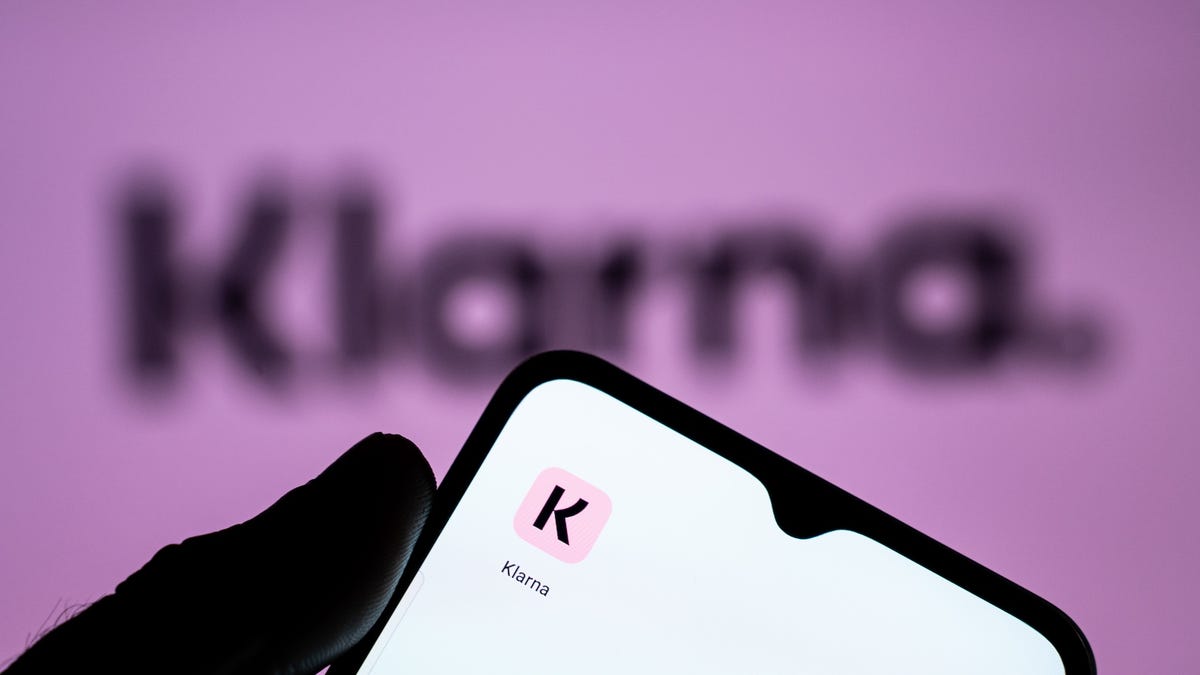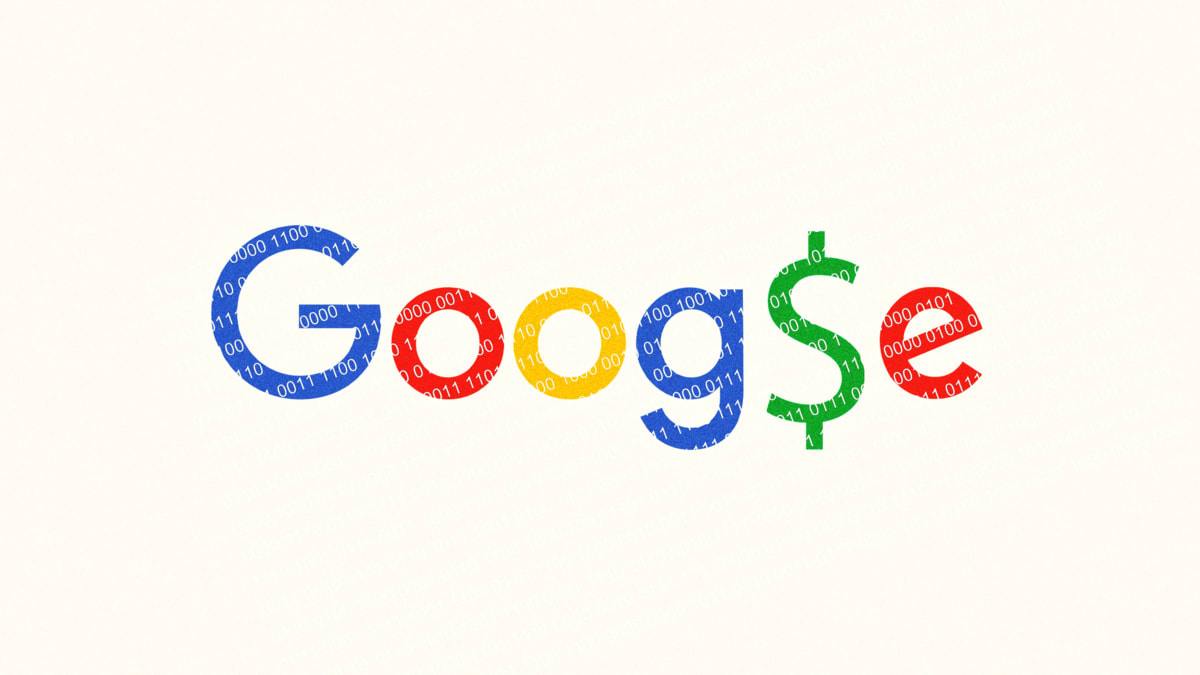Praising artificial intelligence for its capacity to handle the workload equivalent to 700 human jobs in a single statement, while also expressing caution about its effects on human employees in another, may appear contradictory.
Sebastian Siemiatkowski, the CEO of Klarna, proudly declared on Tuesday that their new customer service chatbot, powered by OpenAI, was efficiently managing the tasks of 700 individuals—almost two years after the company had to lay off roughly 700 employees.
In a recent post on X, Siemiatkowski commended Klarna’s AI assistant as a “significant advancement in AI’s practical application.” He elaborated that within the chatbot’s initial four weeks, it effectively handled about 66% of customer support interactions, amounting to approximately 2.3 million chats. Klarna officially introduced this innovative chatbot in a press release issued on the same day.
Siemiatkowski emphasized that Klarna’s chatbot achieved similar levels of customer satisfaction to human agents and even surpassed them in certain aspects, resulting in a decrease in recurring queries and faster resolution times—2 minutes compared to 11 minutes for humans.
While recognizing the positive outcomes for customers, employees engaged in the development process, and stakeholders, Siemiatkowski, the head of one of the largest “buy now, pay later” companies globally, raised concerns about the societal implications of such advanced AI technology.
Nevertheless, the explicit reference by Siemiatkowski to AI’s ability to substitute 700 full-time agents sparked controversy, particularly in light of Klarna’s prior layoff of around 700 employees in 2022. Fast Company promptly highlighted this connection, triggering inquiries about the company’s replacement of human workers with AI technology.
In response to queries, Klarna clarified to Gizmodo via email that the launch of their new AI chatbot was entirely independent of the job reductions in 2022.
Filippa Bolz, Klarna’s global policy and communications lead, stressed, “We have not downsized as a result of launching this AI assistant.” Bolz further clarified that Klarna’s customer service is backed by 4-5 major global partners with a combined workforce of over 650,000 employees, catering to various companies worldwide. In instances where one company requires less assistance, the surplus agents are redeployed to other tasks at different organizations.
To their credit, Siemiatkowski acknowledged this in his post on X, although the reasoning behind equating AI productivity with human labor or the methodology employed for such calculations was not expounded upon.
Bolz commented, “We chose to reveal the figure of 700 to demonstrate the potential long-term impacts of AI technology. Transparency is vital in fostering societal comprehension. Proactively addressing these issues encourages meaningful discussions on how society can adjust to and navigate this transformative shift.”
While the integration of AI at Klarna did not lead to job displacements, the impact on third-party partners remains uncertain. Despite the assurances, the juxtaposition of extolling AI capabilities and quantifying its job-replacement potential with expressing concerns for those impacted by AI may seem somewhat insensitive.
Siemiatkowski’s recognition of the human consequences stemming from technological progress underscores the significance of approaching these changes with empathy and humanity, rather than mere efficiency.










